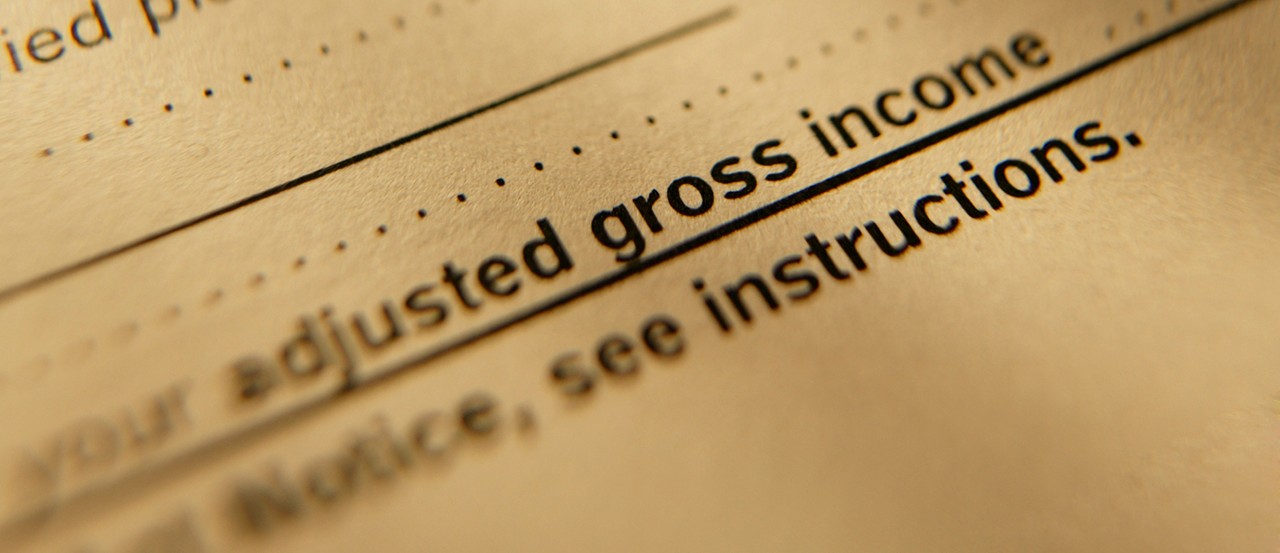NWLC Reacts to DOL Tip Regulations That Will Cost Workers Millions
(Washington, D.C.) Today, the Department of Labor (DOL) issued a final rule that will make it easier for employers to pay the tipped minimum cash wage—just $2.13 an hour under federal law—to employees, even when those employees are performing many tasks for which they do not receive tips. For decades prior to the Trump administration, DOL’s “80/20 rule” ensured that, for example, an employer could not pay a server the tipped wage if the server spent more than 20 percent of their shift doing non-tipped work like rolling silverware or sweeping floors. Today’s rule formally abandons the 80/20 rule, allowing an employer to require the same server to spend far more time doing such side work, foregoing tips while still being paid just $2.13 an hour.
This is the final stage of a rulemaking in which DOL’s Inspector General recently found that DOL violated the law and regulatory requirements, including by concealing an economic analysis showing that a (since-abandoned) proposal to allow employers to keep their employees’ tips would cost workers billions of dollars.
The following is a statement by Emily Martin, Vice President for Education & Workplace Justice at the National Women’s Law Center (NWLC):
“In the final days of the Trump administration, the outgoing DOL leadership continues to demonstrate their commitment to increasing employer power and profits at the expense of working people. It’s outrageous that federal law still allows employers to pay a meager $2.13 an hour to tipped workers—most of whom are women and people of color—and this rule attempts to remove even the most basic limits on their ability to do so. Millions of working people will undoubtedly be required to do more work for less pay, at a time when restaurant workers and other tipped workers across the country have already seen their tips plummet. The Economic Policy Institute estimates that tipped workers will lose more than $700 million dollars in tips each year if this rule goes into effect.
“In the midst of the COVID-19 crisis, which has devastated tipped industries, DOL should be working to boost workers’ wages, not reduce them. We urge the incoming administration to quickly reverse this rulemaking.”




